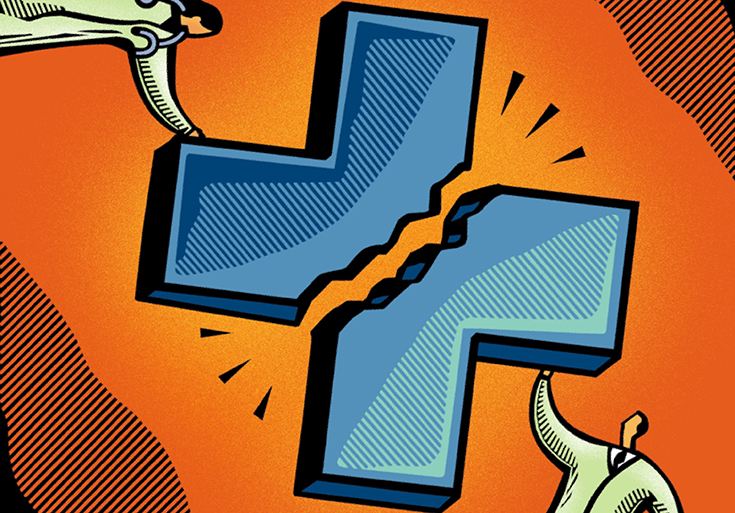Mental health recovery: New book urges NHS to consider ‘Recovery Model’ for itself
Since the 1980s, the Recovery Model has been instrumental in changing the lives of those living with mental disorders or substance dependence. In an ironic yet wholly plausible twist, one UK mental health professional now believes the approach could be used to fix the UK’s National Health Service (NHS) itself.

(Image: SparkStudio/123rf)
Andrew Spriggs’ book, Mental Health Recovery: Protecting our Frontline NHS staff: Using recovery strategies to help improve working conditions’, aims to bring positive, meaningful improvements to the professional and personal lives of those working in mental health practice – ie those people who are tasked with keeping the entire nation mentally healthy.
Spriggs aims to save money and resources while protecting frontline services and explains how the Recovery Model holds the key to saving money and resources in the NHS, while ensuring all mental health professionals can work in a positive and safe environment.
“At the end of the day, it all comes down to providing adequate and effective support,” explains the author. “For example, according to an independent assessment, the NHS Trust in Merseyside saw its Peer Support Intervention in the No Force First Pilot reduce staff sickness absence owing to assaults and injuries by £0.25 million in secure wards – which could be scaled up to all wards and save £1.2 million. Evidence elsewhere also suggests a 2:1 return on investment on workplace on evidence-based actions to address common mental disorders. These kinds of results can be implemented and repeated up and down the country.”
He continues: “Those working in mental health practice need to keep their own health in check, if they’re to be deployable and of benefit to others. I want to remind NHS professionals and trusts that they can save money, and a tangible solution already exists, using a framework that’s familiar.”